France’s ERAFP and Fonds de Réserve pour les Retraites (FRR) are sponsoring a project aiming to develop a methodology to measure how different assets in an investment portfolio are exposed to the physical impact of climate change.
Carbone 4, a French energy and climate-change consultancy, is running the project, called Climate Risk Impact Screening (CRIS).
Carbone 4 describes this as “a tool designed to help financial players better identify the physical risks weighing on their asset portfolios”.
It said most financial institutions’ efforts and attention in the fight against climate change had been focused on greenhouse gas emissions but that a new challenge was mounting – namely, the impact of climate change on “economic activity and adaptation”.
It said that, according to insurer Munich Re, the number of extreme climate events causing financial losses has tripled over the past 30 years.
Jean-Marc Jancovici, founding partner of Carbone 4, told IPE that, “alas, we are now certain there will be physical consequences of global warming, even if we rapidly curb global emissions, because of the tremendous inertia of the climate system.
“So it makes sense to both assess transition risks – what happens to companies if the ‘proper’ constraint is placed on greenhouse gases emissions – and physical risks, which will increase anyway in the future, given the fact the climate system will respond for centuries to come to past emissions, even if we stop emitting tomorrow.”
Asked why ERAFP was supporting this particular project, a spokeswoman for the €23.5bn civil service pension fund told IPE that it wanted to help develop the carbon research agenda where there were gaps.
She referred to new legislation requiring French institutional investors to report on their exposure to the consequences of climate change, both in terms of “transition risks” and “physical risks”.
“The product and service offering relating to transition risks has exploded compared with that for physical risks,” she said.
Olivier Rousseau, a member of the executive board at the €37.2bn FRR, told IPE the pension reserve fund’s first approach was focused on transition risks, which spurred it to adopt low-carbon equity indices and decarbonise smart-beta indices.
“But we recognise that climate change poses physical risks that can affect portfolios, so it is important to know if we are investing in companies that are vulnerable to these risks and if we need to reduce our exposure,” he said.
Risks from the low-carbon transition ultimately have to do with the anticipation that public authorities will impose a price on carbon, while the physical risks from climate change are independent of action by public authorities, Rousseau added.
Citing Carbone 4, FRR said the aim of the project was to “develop a methodology and tools that will make it possible to perform physical risk analysis of corporate, sovereign and infrastructure asset portfolios”.
Other institutions sponsoring the Carbone 4 project include Agence française de développement (AFD), Caisse des Dépôts et Consignations (CDC) and Électricité de France (EDF).

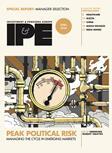




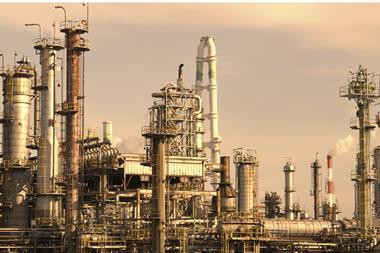
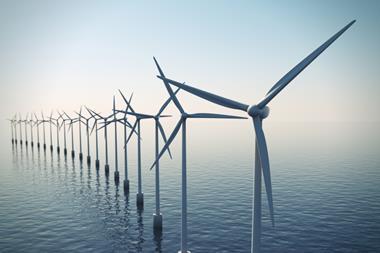
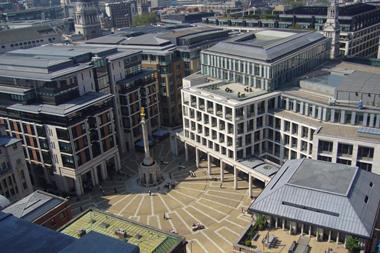
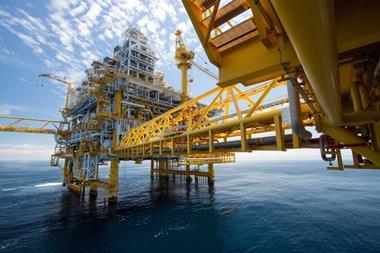
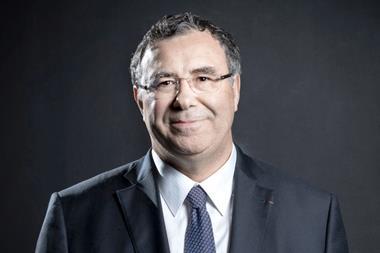
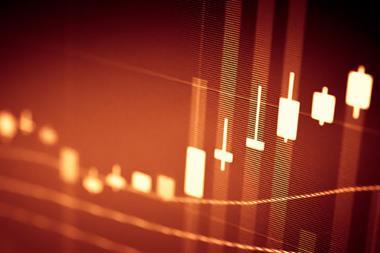
No comments yet